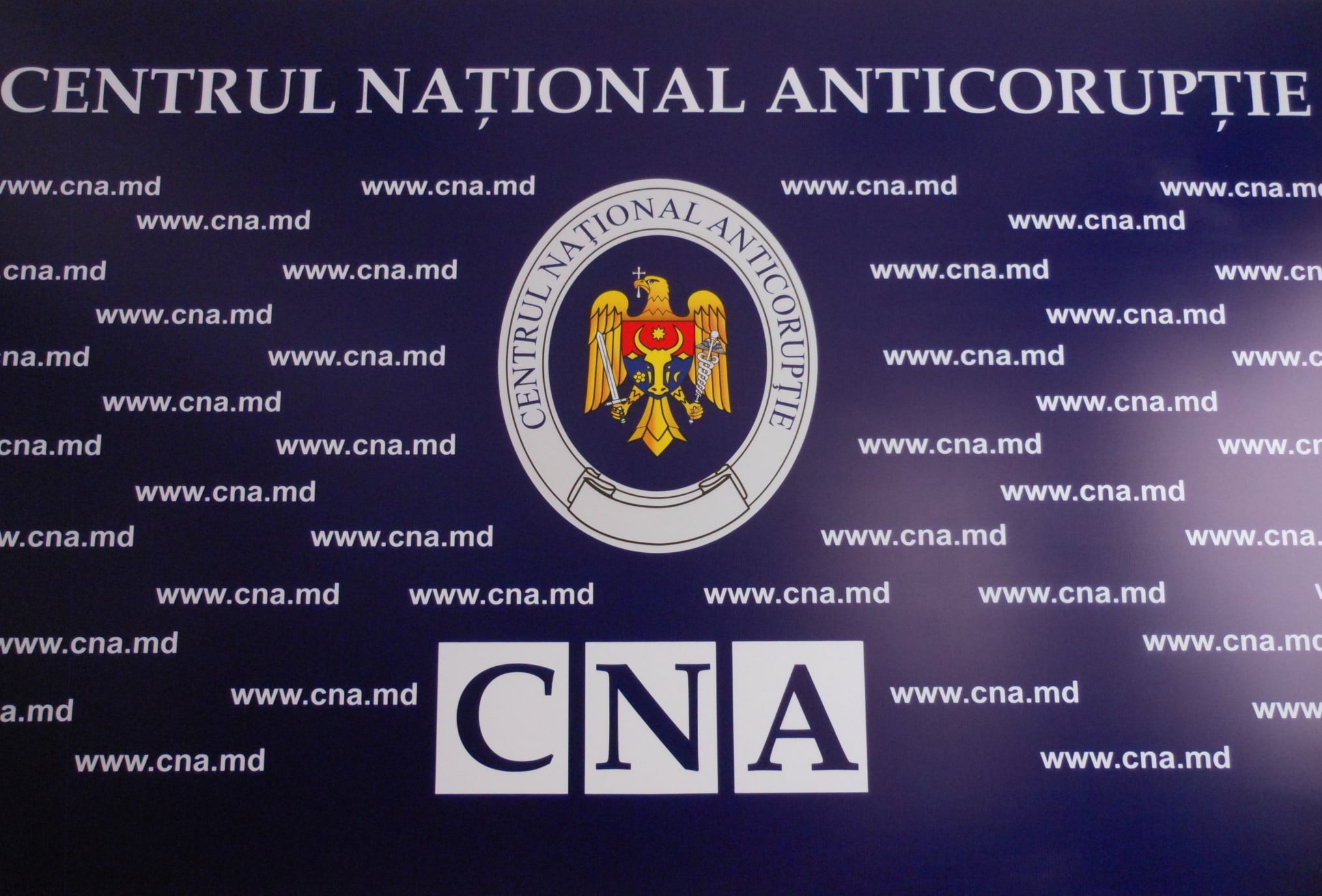The NAC’s Expert Review of the Draft Law on Combating Misinformation. Gaps Identified by the Institution

The anti-misinformation draft law could achieve its purposes, but some suggestions have to be revised, according to the National Anticorruption Center (NAC). The drawbacks identified by the institution include the absence of provisions regarding the entity in charge of developing and approving monitoring methodologies, accessibility of standards for the subjects concerned, and a few issues related to retransmission of media content from aggressor countries.
According to the NAC expert review, the authorities’ initiative “can contribute to countering the phenomenon of spreading misinformation and/or information which affects public information space security.” Besides, the analysis of the suggested standards “reveals some deficiencies which can cause dysfunction of some administrative processes managed by public entities/public agents and risks of corruption related to their duties.” Therefore, Cristina Chistol, the NAC expert concludes that the project could be promoted if the suggestions listed in the expert review are implemented.
Some objections formulated by the NAC experts are related to the suggested amendments to the Law on Freedom of Expression. More exactly, the suggestions on “qualifying information as misinformation/information affecting public information space security shall be made by assessing it as a result of monitoring which applies appropriate methodologies.” The NAC specialists emphasize that the provisions of the project are related to at the procedure of assessing the information according to appropriate methodologies “in the absence of any provisions regulating the subject in charge of their development and approval, as well as accessibility of standards, in particular, to the subjects the standards are intended for,” and this gap “determines the defective nature of the prescribed standard.” “Sanctioning the subjects in questions for non-compliance with certain requirements must definitely be preceded by their approval in the appropriate manner and ensuring public nature and accessibility of their text,” the report states.
The NAC recommends replacing the phrase “appropriate methodologies” by “methodologies approved by the competent authority.”
Another NAC observation refers to the suggestions regarding the Law on the State of Emergency, Siege, and War and Steps to be Taken during the State of Siege: “ceasing retransmission of broadcasting media services which are state-owned or involve state capital, prohibiting sales of newspapers and magazines which are state-owned or involve state capital, and blocking official websites from countries internationally recognized as aggressor countries and from states which officially support aggressor countries.” According to the NAC report, the suggested amendments “are incomplete from the point of view of regulating the procedure for recognizing the aggressor country, the subject in charge of exercising this particular prerogative, the assessment criteria, and actions which can be assessed as supportive.” “Incomplete or confusing regulation of administrative procedures managed by public entities may result in excessive discretion of the public official in charge of drafting procedural rules which could be applied in their own interests, contrary to the public interest,” the report mentions.
On April 7, the draft law on combating misinformation was voted in first reading. It was followed by two rounds of hearings regarding the initiative. The parliamentary opposition regards the project as “introducing censorship.”




